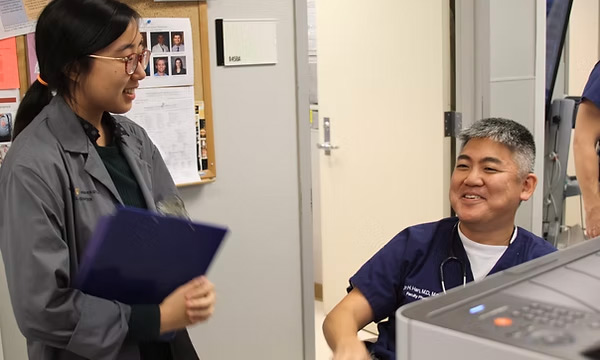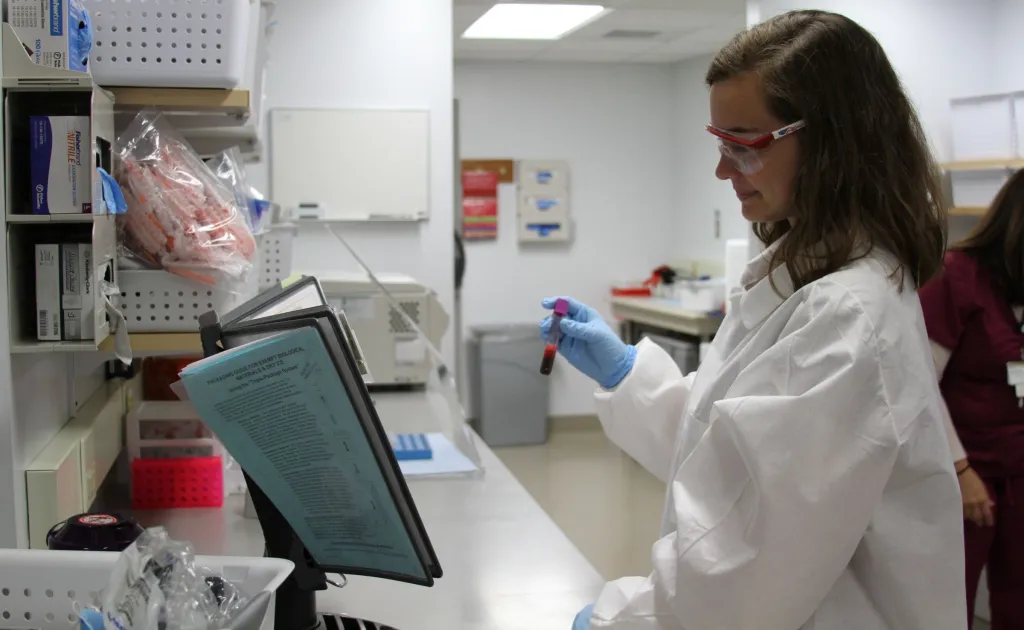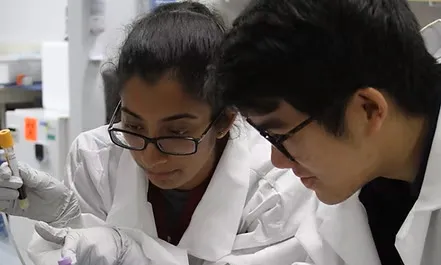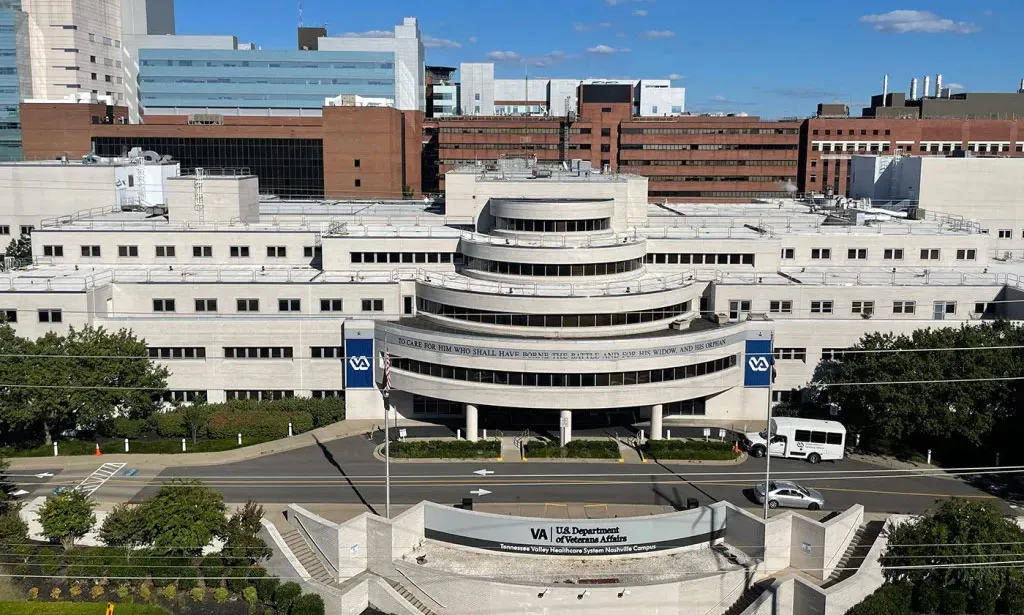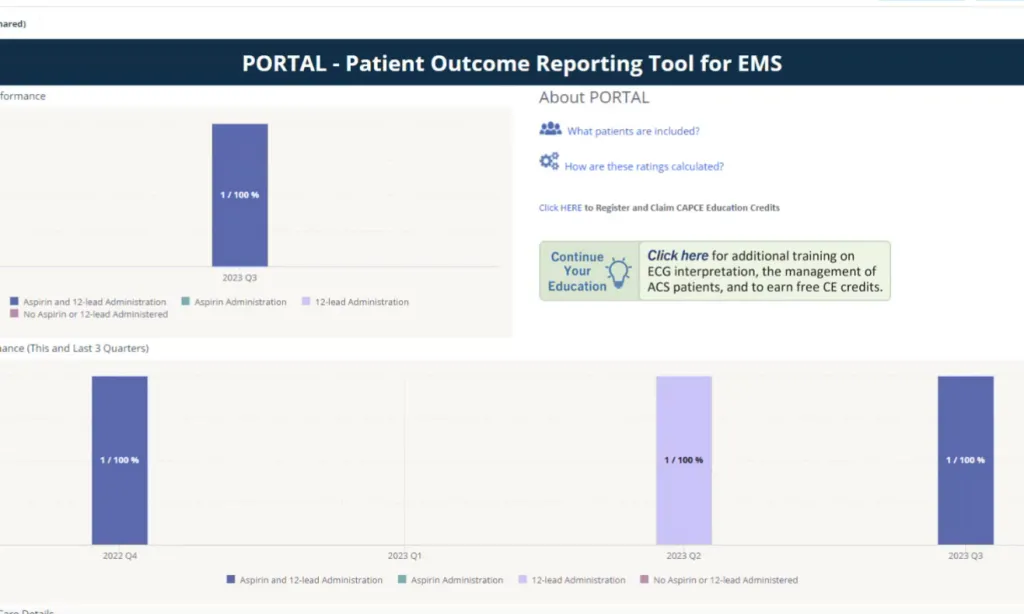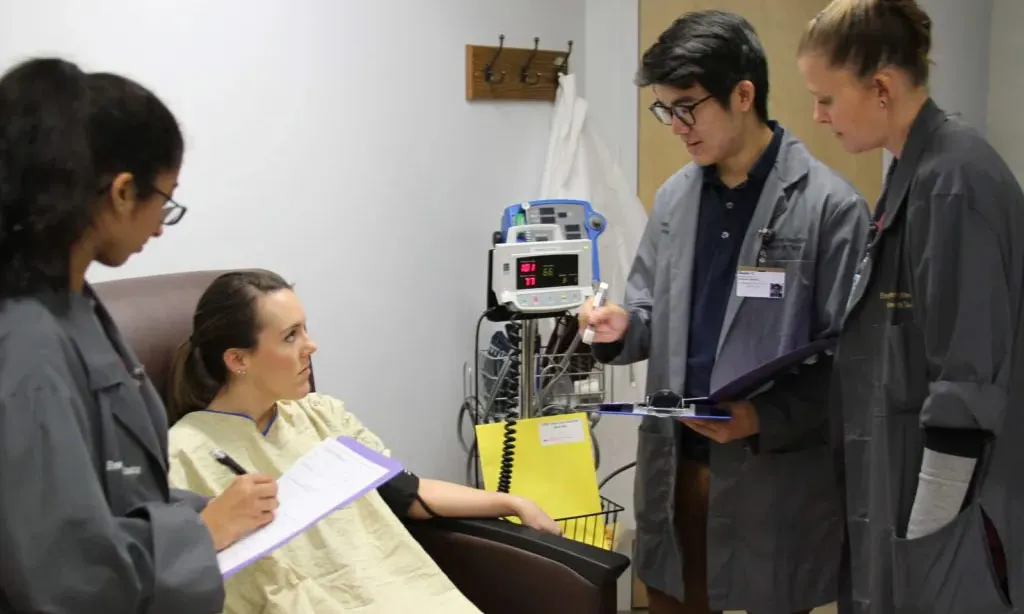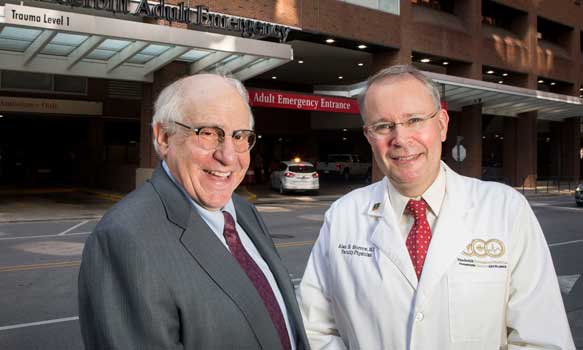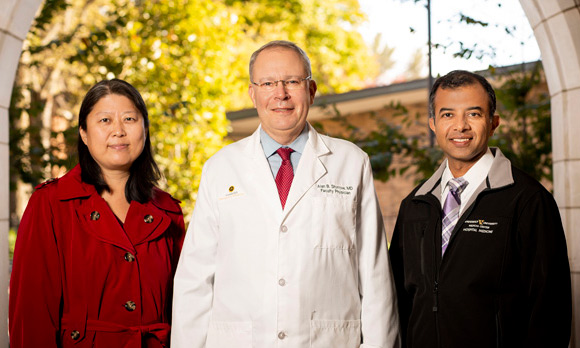Research Division
Our Mission
To conduct research that improves morbidity, mortality, and quality of life for patients with acute illnesses and injuries.
Watch the video to learn more about research in the Department of Emergency Medicine.

Emergency Medicine Research
The Emergency Medicine Division of Research offers several levels of research training in emergency care research. At the medical student, resident and fellow levels, we provide a collaborative approach to training in patient-centered emergency care.
We have international experts in pragmatic clinical trials, clinical trial design and patient-oriented research transcending numerous clinical disciplines including cardiology, infectious diseases, critical care, geriatrics, and healthcare delivery science.
The Vanderbilt Interdisciplinary Hospital-based Systems of Care Research Training ProgrAm (VISTA) is a two-year T32 training program supported by the National Institutes of Health and National Heart, Lung, and Blood Institute.
VISTA will train two to three new postdoctoral investigators per year with a focus on patient-oriented and health systems research for acute heart, lung, blood, or sleep disorders in the hospital setting.
All emergency medicine research faculty are members of Vanderbilt University Medical Center's (VUMC) Center for Emergency Care Research and Innovation (CERI), a national leader in emergency care research.
With a strong team of principal investigators, clinical operations staff and administrative support, CERI has over 30 active studies and boasts top enrollment in industry and federally funded studies.
CRAFT (Care, Review, Assessment, and Feedback Tool) is a Department of Veteran Affairs (VA) Health Services, Research, and Development-funded study led by Drs. Michael Ward and Michael Matheny.
PORTAL is an NIH-funded study to develop and deliver prehospital feedback on the care and outcomes for patients with suspected Acute Coronary Syndrome (ACS).
The PUC mission is to enhance the quality, efficiency, and cost-effectiveness of unplanned care, which is medical care that arises from unexpected health issues requiring immediate or urgent attention.
A safe harbor is a special type of clinical practice guideline that, under existing federal law, may serve as the legal standard of care, not just evidence of the standard of care. Vanderbilt EM is working with partners in the Vanderbilt Law School to develop and test "safe harbor" standards of care based on scientific evidence.
STRATIFY, Improving Heart Failure Risk Stratification in the ED, is an externally validated predictive model with excellent negative predictive value for identifying patients with acute heart failure at low risk of 30-day events.

